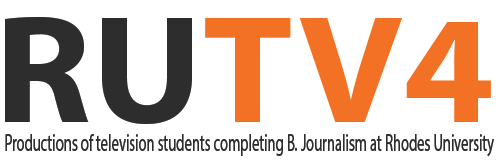

Nanook of the North
 Name: Jason Von Berg
Name: Jason Von Berg
jB Productions
www.jvonblog.blogspot.com
Analysis on Nanook of the North
This documentary is one the first in which filmmaker come explorer Robert Flaherty documents the life and love of the Arctic. It was made in 1922. The Eskimos are a society that seemingly does not exist anymore, and many will argue that they were the last truly happy society in this world. Ethnographic studies will form the basis of this discussion as Flaherty uses it significantly in his exploration of the Eskimo nation. In order to go on with this discussion I will first clarify what is meant by the concept of ethnography, “It involves the study of people performing activities and interacting in complex social settings in order to obtain a qualitative understanding of these interactions,†(McCleverty: 1997, 1).
In this documentary we as viewers are shown the trials and tribulations of the Eskimos. Flaherty shows everything from Nanook killing a walrus; a seal; a fox, showing his son how to hunt, and erecting an igloo within an hour. For myself and I am sure many others this does not seem possible at all, because of the various roles that we have chosen. For example I do not see myself ever having to build a shelter or go hunting, purely because there are builders that I could hire, and there is a shopping market that I can go and get food from. I think Flaherty is very effective in making it evident that Nanook and his family actually have no choice. If they wish to survive then they have to do it themselves. The hardships of their lives do not even seem to be an issue. But then I would suggest that this is problematic in the sense that we as “westernâ€, post modern thinkers living in a global world would ‘other’ those who seem to steer away from the norm, whether they are conscious of it or not.
I enjoy the way that Flaherty seems to tell their story through them i.e. he never interferes at all, he just lets them be. This for me seemed to be the perfect Eskimo family, where Nanook, even though not westernized, stuck to the social structures of making his family a priority and provided for them even in the harshest of conditions. It was however brought to my attention that Flaherty had initiated this family structure, in other words to make it seem as though they were a family. This brings to thought the ideas of what a perfect western family is, why it should be like this. He therefore is perpetuating a western ideology of what is seen to be right, and how dominant this thought is, even if he is not aware of it. Yes for sure he may have encountered many a problem such as language barrier, and the only way he could explain what to do is by ordering them into roles outlines by him. I need to owner however if Nanook’s reaction was a natural and instinctive one, or whether it was acting out something that he was asked/ ordered to portray? I would tend to opt for the first option, but then one cannot neglect the other equally valid point.
I must admit in terms of the cinematography it was shot very well for its time. What we have come to expect in documentaries is an objective, well-researched piece that tells a good story. Had I not known that he had set it up, I would have been far more impressed with its overall storyline.
McCleverty, A. 1997. Ethnography. http://pages.cpsc.ucalgary.ca/~saul/681/1997/amy/ethnography.html







Leave a Reply